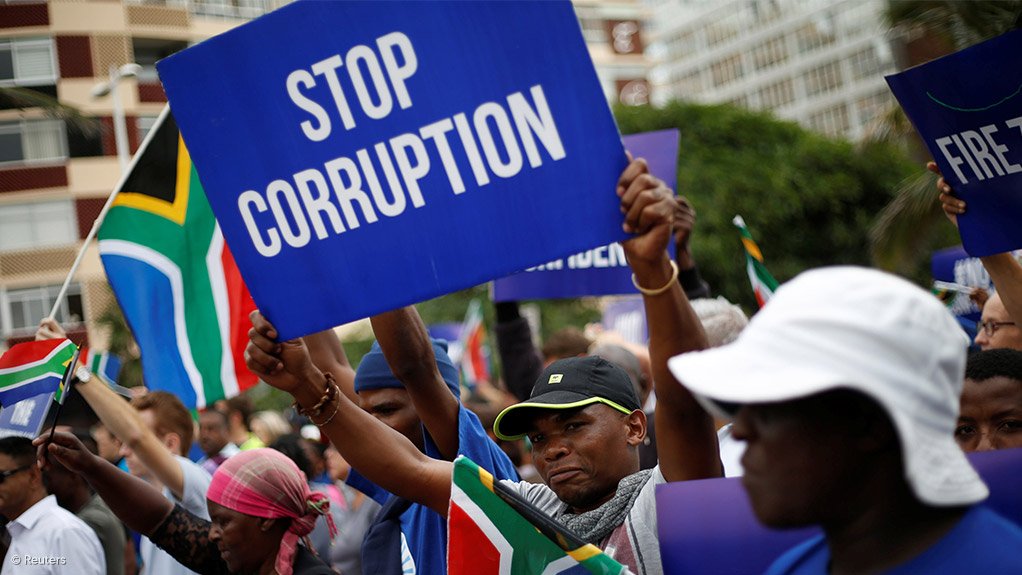Tension is rising in South Africa’s Government of National Unity (GNU) as political pressure mounts between coalition partners. On the first anniversary of the ten-party coalition formed on June 30, 2024, cracks are beginning to show, especially between the Democratic Alliance (DA) and the African National Congress (ANC), led by President Cyril Ramaphosa.
On Tuesday, July 1, 2025, the Democratic Alliance—South Africa’s second-largest political party and a key member of the coalition—took a bold step by filing a corruption complaint against the Minister of Higher Education, Nobuhle Nkabane. The complaint, lodged at a Cape Town police station, accuses the minister of misleading Parliament and fraudulently appointing ANC-linked individuals to top educational boards.
This move marks a significant escalation in the DA’s strategy, as it continues to criticize the ANC’s leadership while remaining inside the GNU. DA member of parliament Baxolile Nodada, who addressed reporters outside the police station, said the party was acting because “the president of the country, the president of the ANC, refuses to act against corrupt ministers.”
Nodada further stressed that the DA joined the unity government with the clear intention to fight corruption, not to tolerate it. He accused President Ramaphosa of protecting compromised officials within his cabinet, referencing the ongoing probe into another minister, Thembi Simelane.
Simelane, formerly the Minister of Justice, was moved to the Ministry of Housing in 2024 after corruption allegations linked to fraudulent billing practices at Eskom, South Africa’s national electricity provider, surfaced. The DA says it had earlier submitted a complaint that triggered the police investigation.
The GNU was born out of necessity in 2024, after the ANC failed to secure a majority in parliamentary elections for the first time since 1994. With corruption scandals and poor governance denting public trust, the ANC was forced to enter into a coalition with other parties, including the DA. However, the GNU has struggled with internal disagreements, particularly around budget planning and accountability.
Last week, tensions further deepened following the dismissal of DA minister Andrew Whitfield, who was removed from office after taking what the presidency called an unauthorised foreign trip. The DA viewed the action as political and retaliatory.
In reaction, the DA announced its withdrawal from the ‘national dialogue’ launched by President Ramaphosa to find solutions to South Africa’s major challenges. According to the DA, the dialogue is now a political smokescreen that no longer reflects genuine efforts to rebuild the country.
While the DA remains vocal against the ANC’s leadership style and has taken strong legal and political steps, it has not withdrawn from the coalition, leading to confusion among observers. Some critics call this strategy “ambivalent,” as the DA criticizes the very government it remains a part of.
Sanusha Naidu, a respected political analyst and researcher at the Institute for Global Dialogue in South Africa, said the situation shows the fragility of political alliances in the country. “This highlights the limitations of coalition politics in South Africa. You have partners who are clearly ideologically divided and mistrustful of each other, yet bound by a shared interest in keeping the government functional,” she explained.
As South Africa faces growing economic challenges, service delivery protests, energy shortages, and corruption scandals, the GNU’s internal rifts could worsen if unresolved. The first anniversary of the coalition government, which was meant to be a moment of unity and progress, has now been overshadowed by police complaints, political finger-pointing, and coalition instability.
The question many South Africans are asking now is whether the unity government will survive the pressure, or if it will collapse under the weight of internal mistrust and political competition.
